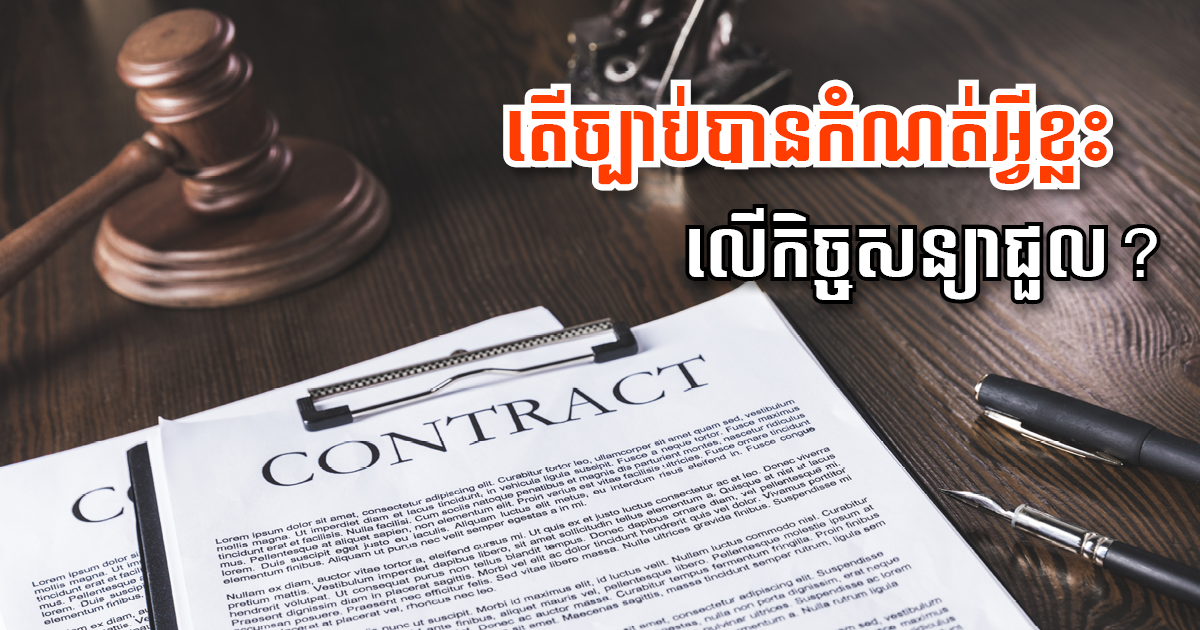

For most people, a property leasing contract is simply an agreement with two parties. However, if the lease is made on a large scale such as to a company or a foreigner, the leasing procedure or contract will require more steps and legal conditions to avoid disputes. Let’s find out.
A lease contract is a contract whereby one party allows another party to use and profit from a certain thing for consideration, according to Article 596 of the Civil Code. The law allows the contract to be done in both verbal and written forms. However, a written contract is more secure in case there is a dispute.
The lease contract can be made with or without a specific period. However, both parties can always end the contract with prior notice, which can be several days, months, or year(s), depending on the types of property and agreement.
By law, it is not necessary to bring the leasing contract for verification by the competent authorities. However, in the case of large-scale leasing transaction, in practice, the contract must be acknowledged by the local authorities (Sangkat) or lawyers (optional).
In the case of renting a property to a foreigner, the transaction should also be verified by the local authorities as the foreigner is required to do the address registration in Cambodia (for those staying in Cambodia long term).
In the case that the lease is for longer than 15 years or up to 50 years, both parties must go to the cadastral authority of the Ministry of Land Management, Urban Planning, and Construction.
By law, the rental of real estate can be subject to two types of tax: property rental tax or withholding tax.
In the case of leasing from one ordinary person to another ordinary person, the landlord is required to pay 10% tax only if the rent rate exceeds US$125.
However, if the lease is from the ordinary person to a legal taxpayer (such as a registered company), the lessee or company is the one responsible for withholding tax of 10% of the rental rate.
There are also some exceptions, for example, leasing from a registered taxpayer to another registered taxpayer. Therefore, both parties shall confirm with the General Department of Taxation for further detail.
Both lessor and lessee also have rights and obligations such as:
– The landlord must make the necessary repairs for the use and enjoyment of the property.
– The landlord cannot prevent the use and enjoyment of the lessee legally.
– The lessee has to supervise, manage, maintain and be responsible for repairing minor damages.
– The lessee has the right to rent the property to others but must first obtain the consent of the owner.
– The lessee must pay rent to the owners regularly and on time.
– The lessee must return the property to the owner and at the end of the contract